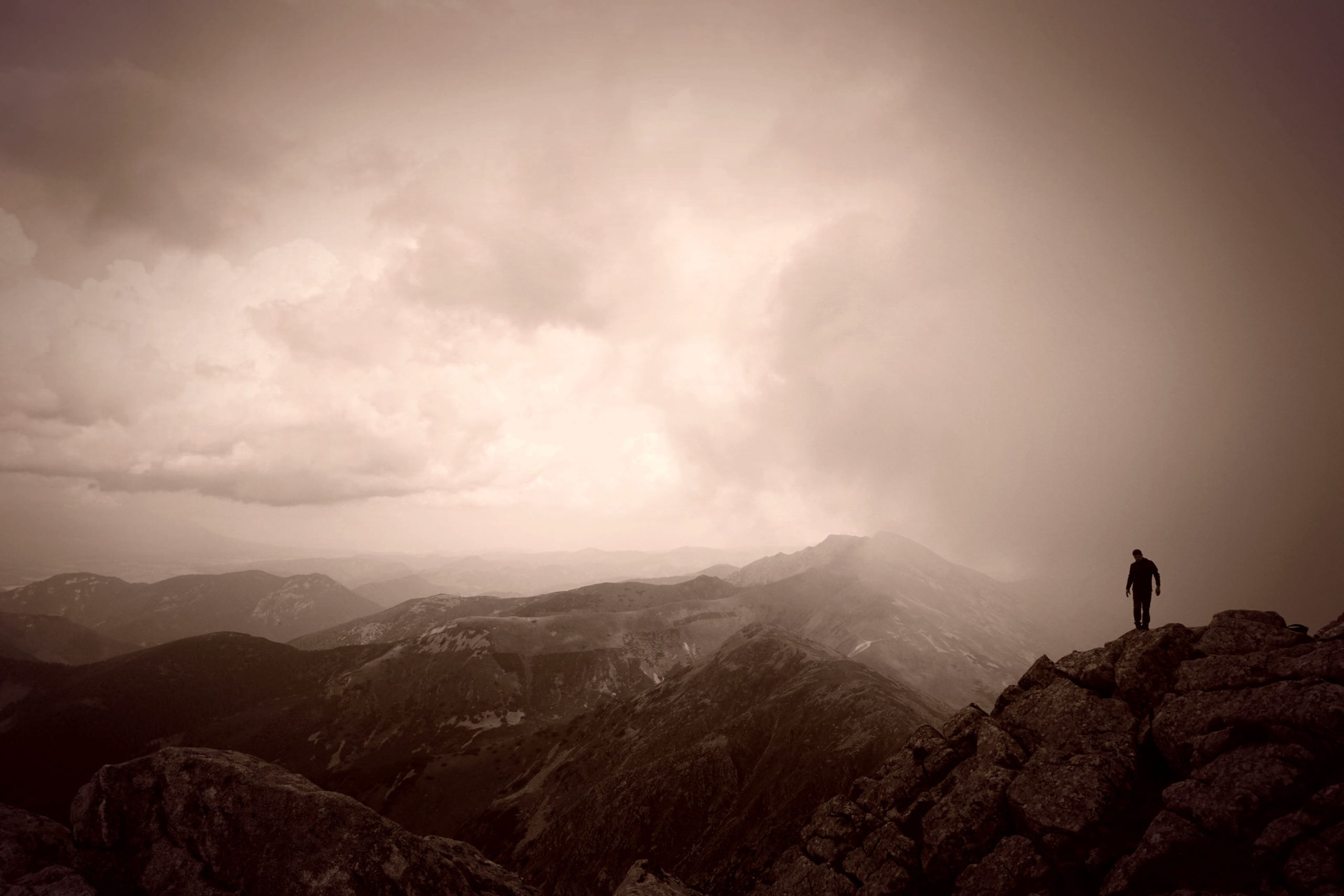Thomas Merton O.C.S.O., (January 31, 1915 – December 10, 1968) was an American Trappist monk, writer, theologian, scholar, mystic, poet, social activist and seeker.
Merton was known for his calm, respectful, pastoral and caring way of meeting people where they were, regardless of what they believed or didn’t believe. Merton himself, experienced many of the world religions and the wisdom of ancient cultures, immersing himself in their traditions and practices. By spiritually connecting to other faith experiences, he enriched his own faith tradition.
Merton’s vast experience fostered in him a heart for diversity which embraced racial, cultural, and ethnic difference. By his example we are encouraged to see it is our deeper relationship with God that draws us together. In “Monastic Experience and East-West Dialogue,” an address he delivered in Calcutta in October 1968, he explains:
“I speak as a Western monk who is pre-eminently concerned with his own monastic calling and dedication. I have left my monastery to come here not just as a research scholar or even as an author (which I also happen to be). I come [as] a pilgrim who is anxious to obtain not just information, not just “facts” about other monastic traditions, but to drink from ancient sources of monastic vision and experience. I seek not only to learn more (quantitatively) about religion and about monastic life, but to become a better and more enlightened monk (qualitatively) myself.” (pp. 312-313)
By journeying with the writings of Thomas Merton we can better understand how unity overcomes diversity and how communion is the best communication regardless of words. A dialogue that creates encounter with the other helps us to go deeper into our own spiritual self and better understand our heart and what we seek.
Merton invites us to be pilgrims who journey beyond our comfort zones:

“Our task now is to learn that if we can voyage to the ends of the earth and find ourselves in the Aborigine [sic] who most differs from ourselves, we will have made a fruitful pilgrimage. That is why pilgrimage is necessary, in some shape or other. Mere sitting at home and meditating on the divine presence is not enough for our time. We have to come to the end of a long journey and see that the stranger we meet there is no other than ourselves— which is the same as saying we find Christ in him [sic] (them).”
Merton is a wonderful wisdom figure for our times – he advocated for openness, inclusivity and appreciated the blessing and potential of every encounter. As he writes at the end of his autobiography The Seven Storey Mountain (1948): “Sit finis libri, non finis quaerendi – Let this be the end of the book, but not the end of the search” (p 462).
Our real journey in life is interior;
It is a matter of growth, deepening, and of an ever greater surrender
to the creative action of love and grace in our hearts.
Never was it more necessary to respond to that action.
Thomas Merton
Reflection
How do you see other world religions and ancient cultures enriching your spirituality?
References: 1. Merton, T. (1970). Monastic Experience and the East-West Dialogue. In: Dunne F.P. (eds) The World Religions Speak on “The Relevance of Religion in the Modern World”. World Academy of Art and Science: Springer, Dordrecht. 2. Merton, T. (1948). The Seven Storey Mountain. Harcourt Inc: Orlando, Florida.
